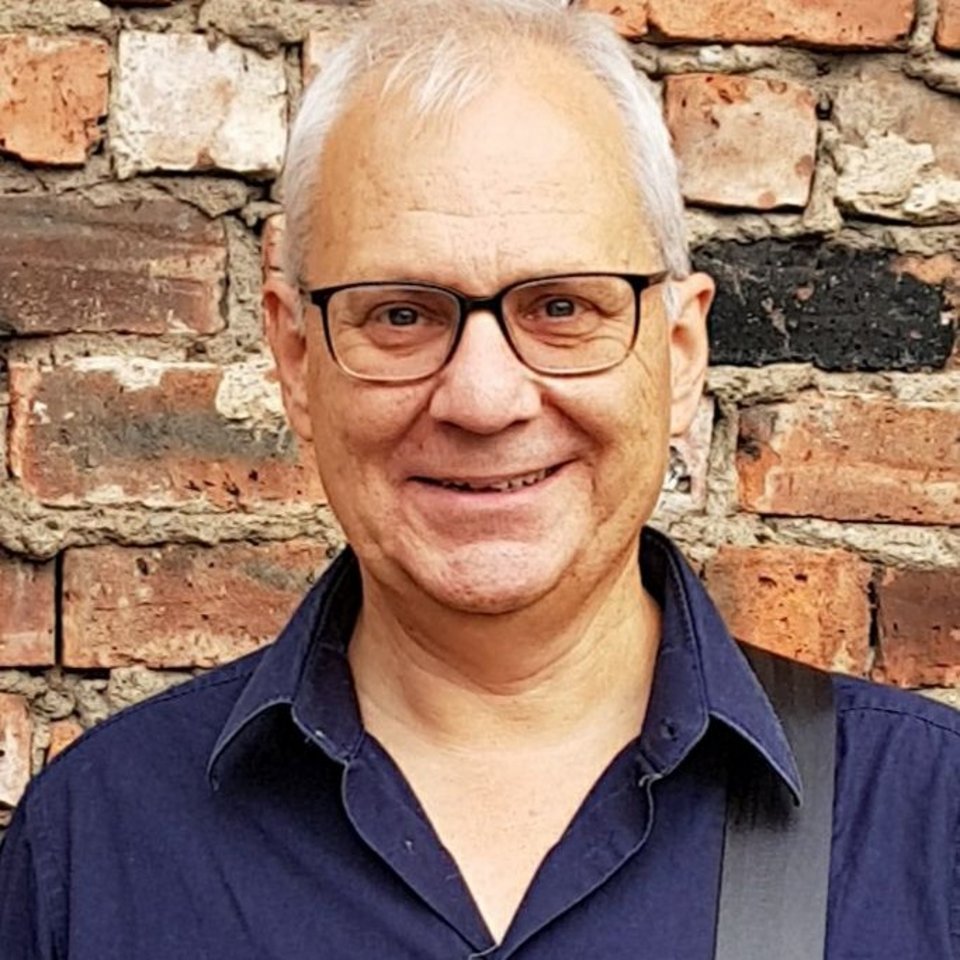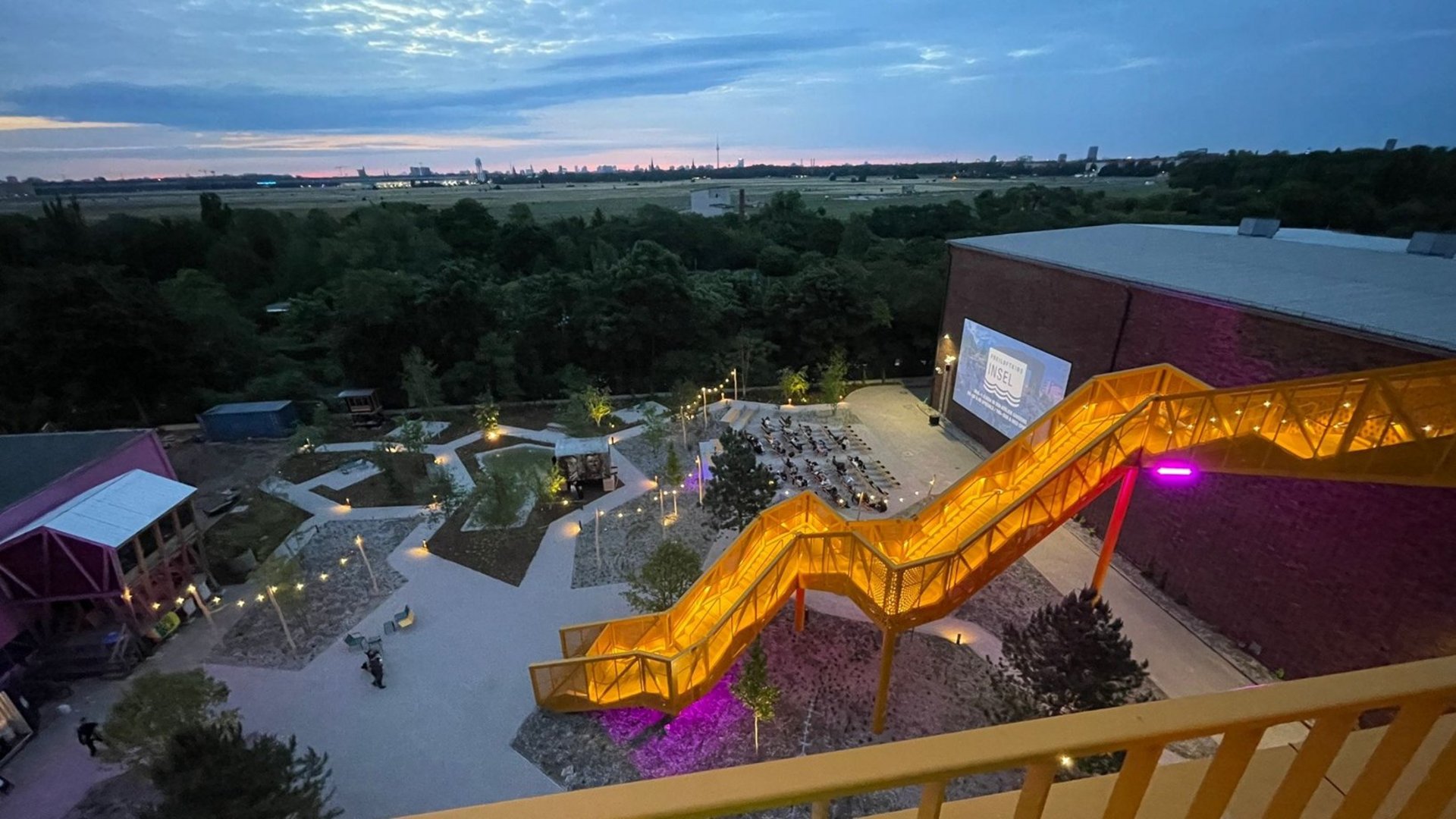
The Next City: How We Design – or Lose – the Future
15 Jun, 2025, 12.00 PM @ Atelier Gardens
Event language: English
Cities that don’t adapt won’t survive. It sounds harsh – but it’s a reality. Climate crisis, war, demographic shifts, and disruptive technologies are reshaping how we live. Entire metropolises are disappearing, while new forms of urban life must emerge – resilient, just, and sustainable. Change is not a luxury. It’s a necessity. Inaction means exclusion.
But transformation doesn’t start with policy papers or digital tools alone. It starts with space – with the environments where people meet. Architecture can be a catalyst for change: open, connective structures that invite people to linger, interact, and co-create. These spaces weave together the many layers of urban life – social, cultural, economic – and make a city’s potential tangible and alive.
When we rethink urban space, we must also rethink how culture is integrated into this process. Cultural actors bring life into aging structures, break through stagnation, and create new energy that often attracts further activity – including economic enterprise. Culture can spark reactivation. It offers not just content, but context: a sense of belonging, imagination, and momentum. Without culture, transformation remains abstract. With it, cities become living ecosystems.
In this talk, we bring together international changemakers and urban innovators to explore how meaningful transformation happens – through bold ideas, strategic foresight, and lived experience. Because the city is where our future will be shaped – or lost.
Program Info
Conversation with
Guests
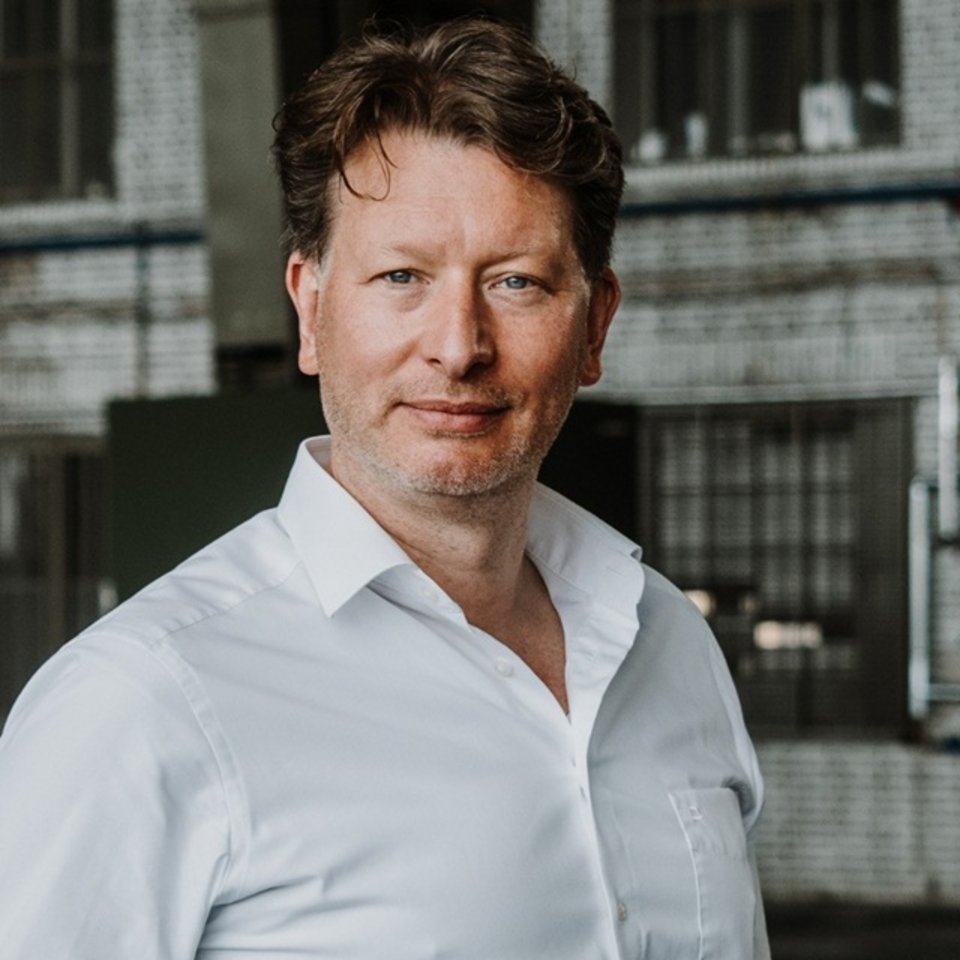
Kristian Jarmuschek
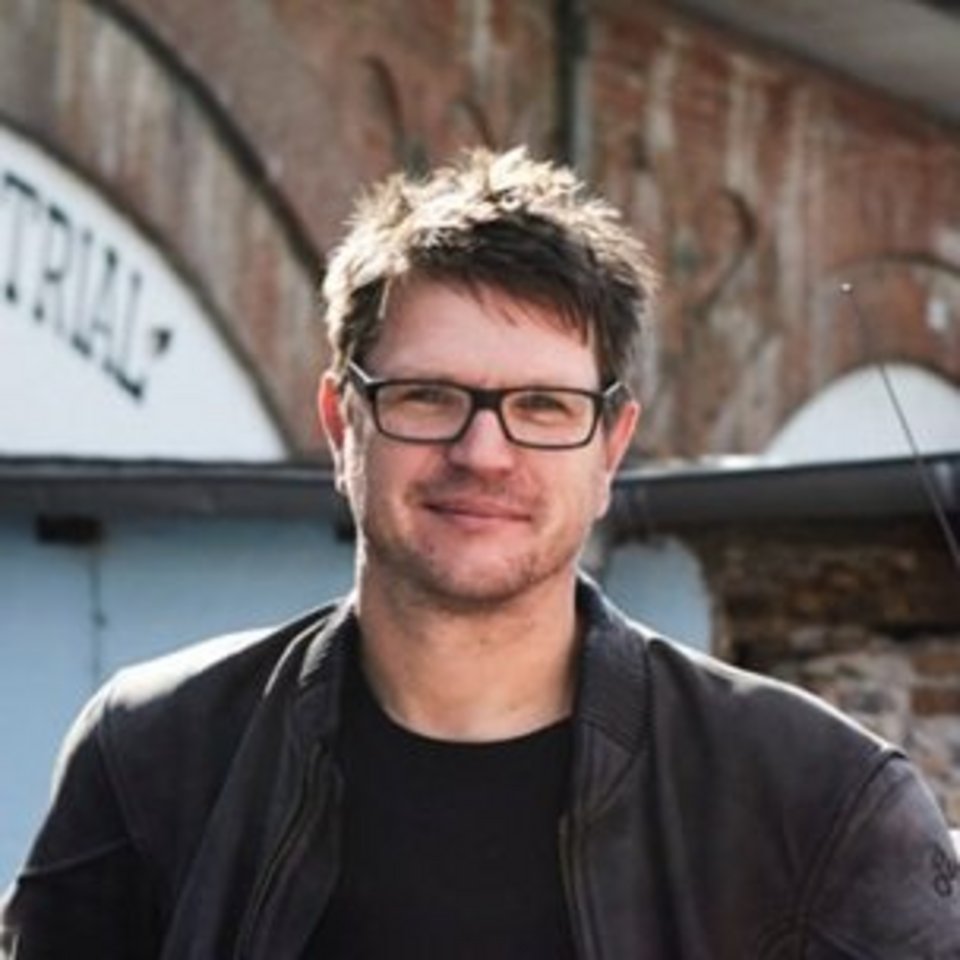
Mario Husten
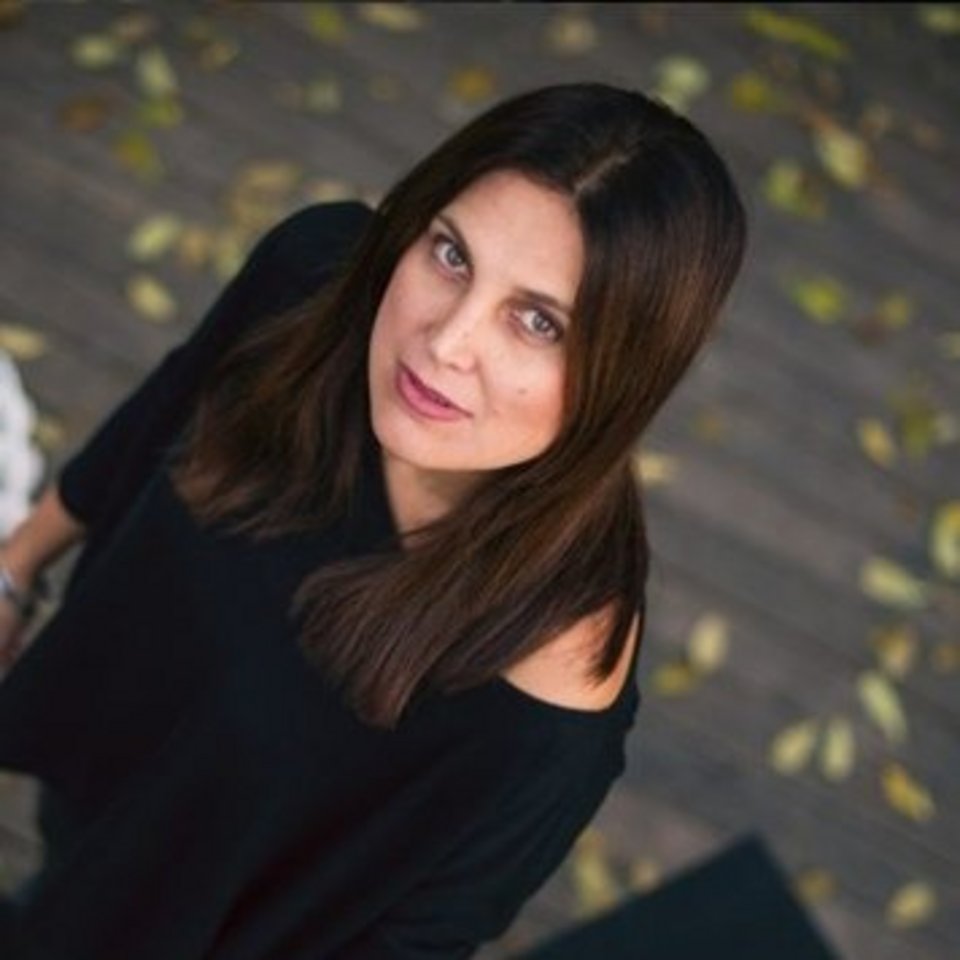
Maja Vidaković Lalić
Moderation
